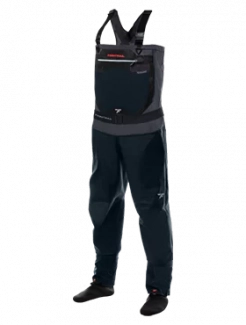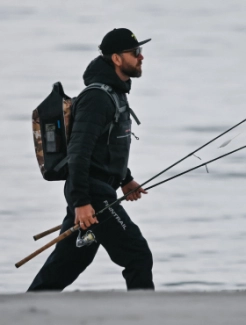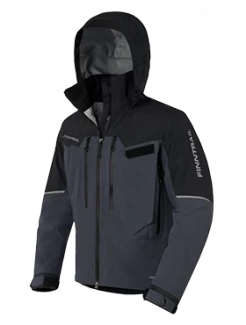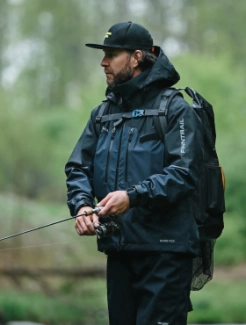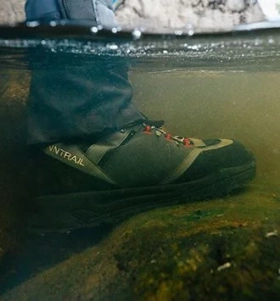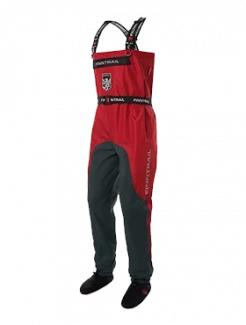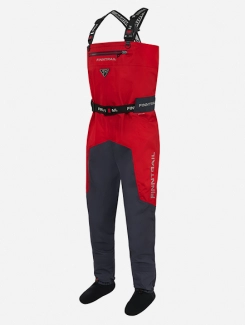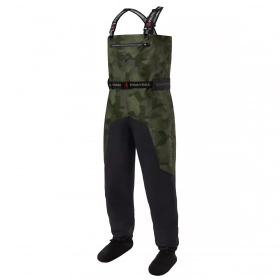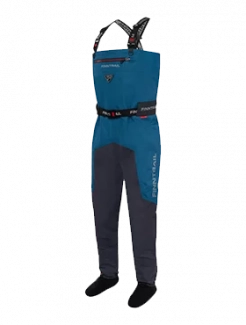How to Get a Fishing License in Germany
Fishing in Germany is more than just a peaceful hobby — it’s a regulated activity with environmental responsibilities. Whether you're a resident angler or a visiting enthusiast, understanding the process of obtaining a German fishing license is essential. In this guide, we’ll explain why a fishing license matters, who needs one, and how to get yours — including options for tourists.
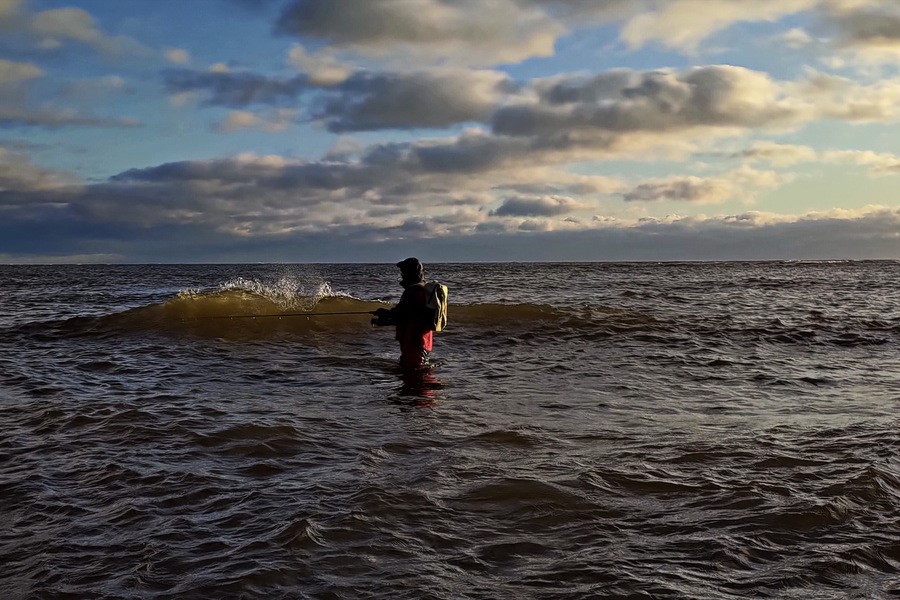
Why Do You Need a Fishing License in Germany?
Germany has strict laws surrounding wildlife protection and environmental conservation. Fishing without a valid license is considered an offense and may result in heavy fines or legal trouble. These regulations are not just about compliance — they reflect the country’s commitment to maintaining biodiversity, healthy fish populations, and clean waterways.
Unlike in some countries where you can casually fish with minimal paperwork, fishing in Germany requires proper licensing and education. This ensures that anglers understand sustainable fishing practices, species protection, and ethical angling methods.
Types of Fishing Licenses in Germany
There are two key documents involved in legal recreational fishing:
1. Fischereischein (General Fishing License)
This is the primary fishing license that all residents need. It is issued after the applicant passes a mandatory training course and exam. Once obtained, the license allows you to apply for additional waterbody-specific permits.
2. Fischereierlaubnisschein (Waterbody-Specific Fishing Permit)
Once you have a general license, you still need permission to fish in a particular body of water. This permit is granted by local authorities, private owners, or angling associations. It outlines local rules, catch limits, allowed fishing methods, and protected species for that specific area.
So, having a fishing license alone isn’t enough — you also need a permit for each place you fish.
How to Get a Fishing License in Germany as a Resident
If you’re a German resident or planning to live in Germany long-term, here’s how to get a fishing license:
Step 1: Enroll in a Fishing Course
You must complete a certified fishing course (Fischereischein Kurs), which typically involves 30 to 40 hours of instruction. Topics include:
-
Fish biology and identification
-
Environmental conservation
-
Fishing regulations and seasons
-
Equipment handling and angling ethics
Step 2: Pass the Official Exam
After completing the course, you must pass a written and sometimes oral examination. This is required in nearly all federal states to obtain a license.
Step 3: Apply for the License
Submit your test certificate, proof of residency, a passport photo, and any required forms to your local fishing authority (Fischereibehörde). Depending on your state, you may receive a license valid for one or several years.
Step 4: Pay the License Fee
The fishing license cost for residents varies, but most pay between €30–€60 annually. Some municipalities offer discounted rates for young people or retirees.
Tourist Fishing License in Germany: A Convenient Option for Visitors
If you're just visiting, getting a fishing license is simpler than for residents. Certain federal states like Mecklenburg-Vorpommern and Brandenburg offer a tourist license (Urlauberfischereischein), which doesn’t require a training course or exam.
To Get a Tourist Fishing License
-
Visit the local tourist office, city hall, or designated fishing authority.
-
Present your ID or passport.
-
Fill out a simple form (some regions allow this online).
-
Pay the fee — around €20–€25 depending on location.
The tourist license is usually valid for 28 days and can be extended. Even with this temporary license, you still need to buy a permit for each waterbody you want to fish in.
Fishing Without a License in Germany: What Are the Risks?
Fishing without a license is illegal in nearly every federal state in Germany. If you're caught fishing without a valid fishing license, you could face:
-
Fines up to €5,000
-
Confiscation of your equipment
-
A criminal record (in severe cases)
The law is enforced strictly, especially near popular fishing spots and nature reserves. Authorities may ask to see your fishing license and permit at any time, so be prepared.
Where and How to Buy Fishing Permits
Once you have your license, you still need a permit to fish in a specific location. These permits (Erlaubnisschein) can be purchased from:
-
Local angling clubs (Angelverein)
-
Fishing tackle stores
-
Online platforms like hejfish.com or regional websites
-
Tourist offices in lakeside or riverfront towns
Permits often indicate the types of fish you can catch, catch limits, bait restrictions, and seasonal rules.
How Much Does a Fishing License Cost?
The fishing license cost depends on your residency status, region, and the type of license:
|
Type of License |
Estimated Cost |
Validity |
|
Resident License (Fischereischein) |
€30–€60 |
1–5 years |
|
Tourist Fishing License |
€20–€25 |
28 days (renewable) |
|
Daily Fishing Permit |
€5–€15 |
1 day |
|
Weekly/Monthly Permit |
€15–€50 |
1–4 weeks |
Some waters are privately owned or club-managed, so fees can vary.
Final Tips for Fishing in Germany
-
Always carry your license and permit while fishing — authorities may ask for them.
-
Respect closed seasons and catch limits, especially for protected species.
-
Night fishing and certain bait types may be restricted in some areas.
-
Some federal states offer online tools to check open fishing areas and regulations.
Conclusion
Whether you're looking to fish on a calm Bavarian lake or along a fast-moving river in Saxony, a fishing license is your key to a legal and enjoyable experience. For residents, it’s a commitment to responsible angling. For tourists, it’s an easy gateway into Germany’s scenic and diverse fishing spots.
So pack your tackle, follow the rules, and enjoy your next fishing adventure in Germany — legally and responsibly.

